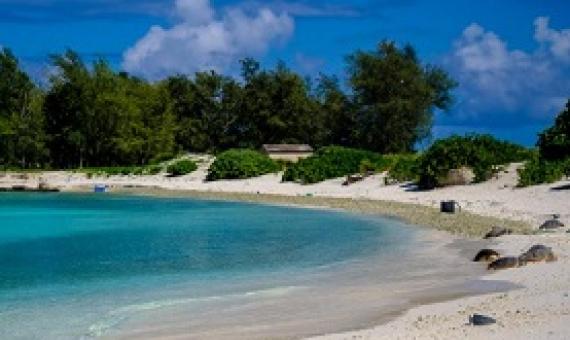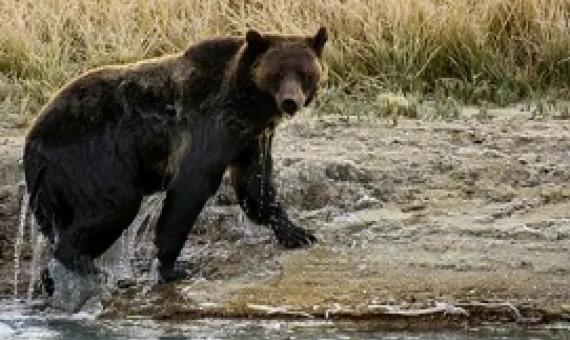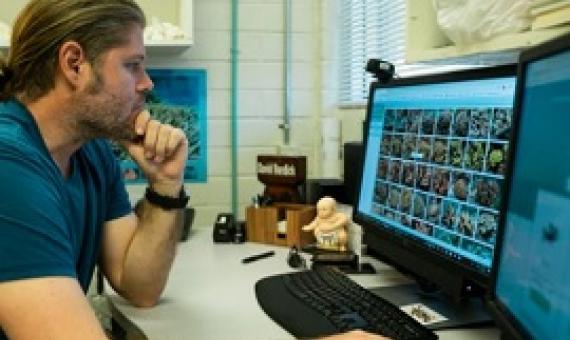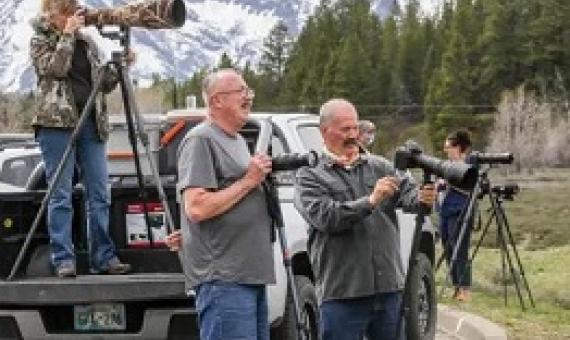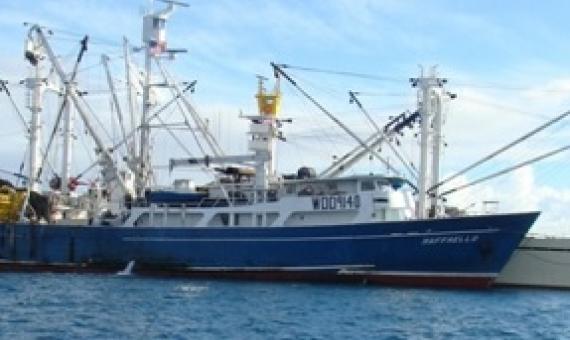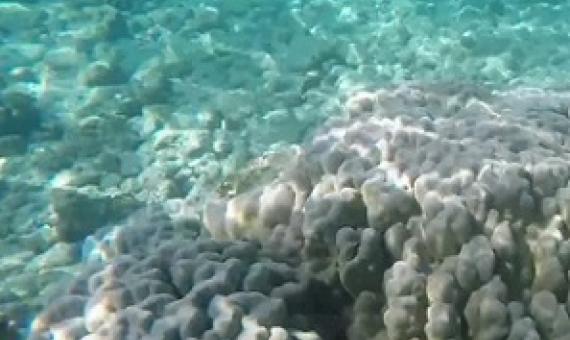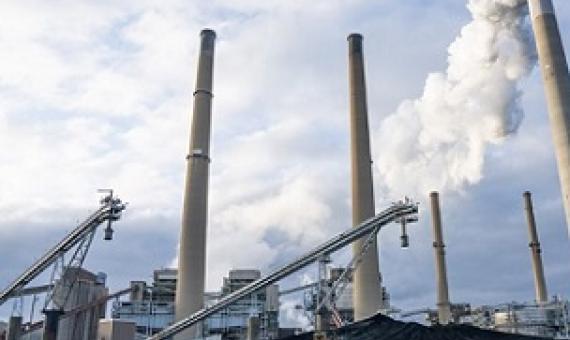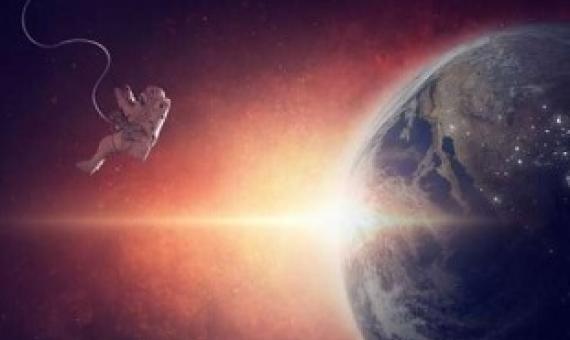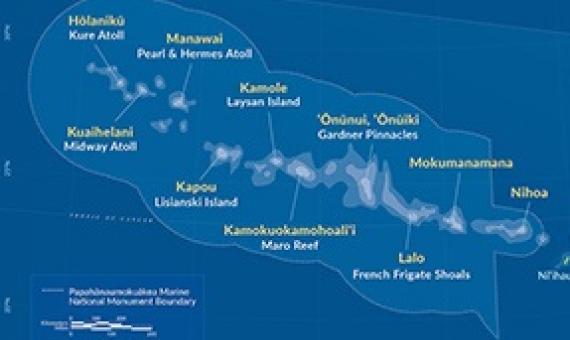Changes affecting fishing communities due to COVID-19 closures, mandatory electronic reporting for the American Samoa longline fishery and the 2019 annual status of the fisheries report were among topics discussed by fishermen from Hawai'i, American Samoa, Guam and the Commonwealth of the Norther
Managers of the American fisheries operating in the Pacific Ocean have asked President Donald Trump to open four national marine monuments to commercial fishing—a request that could inhibit protections in areas set aside, in part, for dwindling fish populations to renew themselves.
Earlier this month, for the first time in recent memory, pronghorn antelope ventured into the sun-scorched lowlands of Death Valley national park.
The University of Guam has been awarded $20 million to expand its research capabilities on coral reef survival in rapidly changing environmental conditions.
On Monday, thousands of visitors from across the country descended on Yellowstone national park, which opened for the first time since its closure in March due to the coronavirus pandemic...Yellowstone, America’s oldest national park, and the nearby Grand Teton national park are the mos
The council that governs US fisheries in the western Pacific is asking president Donald Trump to relax rules around fishing in protected areas...In a letter, the Western Pacific Regional Fisheries Management Council describes the marine reserves around Hawaii and American Samoa as putting the US
Kahalu‘u Bay on Hawai‘i Island is one of the most popular and heavily visited snorkeling locations in all of Hawai‘i.
The US Environmental Protection Agency (EPA) turns 50 this year, but scientists and environmentalists see little reason to celebrate.
The first Earth Day protests, which took place on April 22, 1970 brought 20 million Americans—10% of the U.S. population at the time—into the streets...But Earth Day's impact extended far beyond the United States. A cadre of professionals in the U.S.
Tensions flared fast as the proposed expansions of national marine monuments near Hawaii in President Barack Obama’s second term set fishermen and conservationists against each other.

![American Samoa longliners in Pago Pago harbor. [SN file photo]](/sites/default/files/styles/news_teaser/public/longliners_ASG.jpg?itok=QyK8Fhwe)
